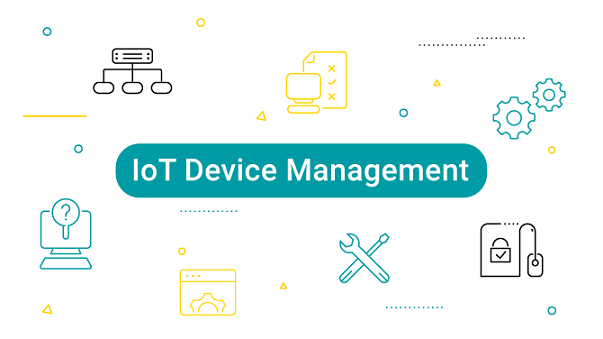What is RemoteIoT SSH Key Management?
RemoteIoT SSH key management is essential for securing remote system and network access. It's a way for people to manage their SSH keys to keep IT environments safe. Essentially, SSH key management involves generating, distributing, and controlling SSH keys for user authentication on remote servers.

Why SSH Key Management Matters
Strong cryptographic algorithms, frequent key rotation, and strong access controls are all suggested methods for managing SSH keys. It is critical to maintain track of each SSH key and constantly evaluate how it is being utilized. Automation of critical management procedures may improve compliance and security as well.
Understanding SSH Keys
For using the RemotIoT SSH key manager, strong cryptographic methods, regular key rotation, and stringent access constraints are all advised. Monitoring each SSH key and periodically evaluating its usage is essential. Automation of important managerial functions may also improve security and compliance.
The Advantages of Centralized SSH Key Management
Centrally manage SSH keys addresses the complexities of distributing and managing SSH keys across various systems. This centralized approach streamlines key distribution, rotation, and revocation, providing a single point of control. It simplifies enforcing security policies and ensuring compliance.
Benefits of Centralizing SSH Key Management
Centrally manage SSH keys offers several advantages, primarily enhanced security. It enables consistent enforcement of security policies across all systems, simplifies auditing processes, and facilitates key rotation and revocation. This approach ensures compromised keys can be swiftly replaced.
Implementing Centralized SSH Key Management
Careful planning and consideration are crucial when implementing a centralized RemoteIoT SSH key management system. Organizations must select appropriate tools and technologies that meet their needs. Solutions from providers like SSH.COM offer extensive features for managing SSH keys across different environments, including key creation, distribution, rotation, and auditing.
Overcoming SSH Key Management Challenges
Despite having so much benefits, SSH key manager has challenges. Key sprawl, where unmanaged keys accumulate, poses security risks if old or unused keys are not revoked. Another challenge is ensuring the key management process does not disrupt normal operations, balancing security and usability.
Best Practices in SSH Key Management
Strong cryptographic techniques, frequent key rotation, and strict access controls are all recommended practices for SSH key management. It's crucial to keep track of every SSH key and regularly assess how it's being used. Automation of crucial management processes may enhance compliance and security as well.
The Evolution of SSH Key Management
With technological advancements in the rapidly growing world, SSH key management methods and tools continue to evolve. The future lies in automation and integration with other security systems. Advanced solutions are emerging to provide seamless SSH key management and monitoring, reducing human error risks and improving overall security.
Conclusion
RemotIoT SSH key manager is critical for IT security. Authenticating users on remote servers requires creating, assigning, and managing SSH keys. Centralized administration increases security by enforcing standard rules, simplifying audit procedures, and easing key distribution, rotation, and revocation. This ensures data integrity and compliance, as well as limiting access to critical systems to permitted individuals.
To set up centralized SSH key management, user will need the proper tools. Remotion offers options for key manufacturing, distribution, rotation, and auditing. It is critical to follow best practices, which include monitoring all SSH keys, using strong cryptographic algorithms, and rotating keys on a regular schedule. Automating important management activities increases security and reduces the likelihood of human error.
As technology advances, SSH key management methods will evolve, focusing on automation and integration with other security systems. By leveraging advanced tools and best practices, organizations can efficiently secure their systems and maintain robust, compliant IT environments.
